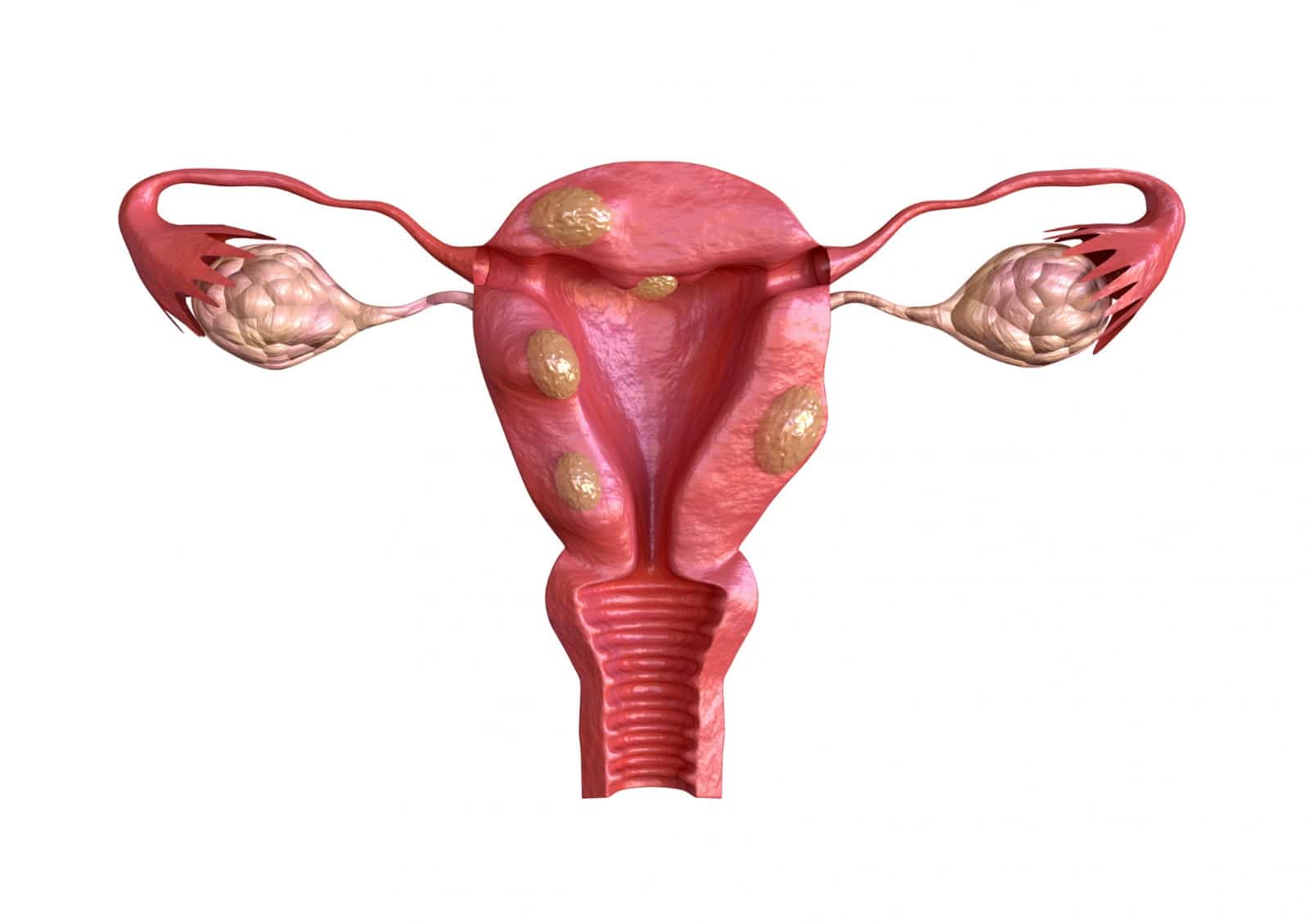Polycystic ovary syndrome is a very common hormonal disorder in women of reproductive age and adolescents (PCOS) is often associated with weight gain, and the relationship between PCOS and weight can be complex. Here’s how PCOS can contribute to weight gain:
Hormonal Imbalances: PCOS is characterized by imbalances in hormones, including elevated levels of androgens (male hormones). These hormonal changes can influence fat storage and make it easier to gain weight, particularly in the abdominal area.
Insulin Resistance: Many individuals with PCOS have insulin resistance, which means their bodies don’t respond efficiently to insulin. This can lead to elevated insulin levels, which in turn promote weight gain, especially around the abdomen.
Appetite and Cravings: Some people with PCOS report increased appetite and cravings for high-calorie, sugary, or carbohydrate-rich foods. This can contribute to weight gain if not managed.
Lifestyle issues: A sedentary lifestyle Eating processed foods and the habit of eating out which has become a fashion is also an important factor for for weight gain.
Difficulty Losing Weight: The hormonal imbalances associated with PCOS can make it more challenging to lose weight through traditional methods like diet and exercise.
Vicious Cycle: Weight gain can exacerbate the symptoms of PCOS, creating a vicious cycle. Increased body fat can worsen insulin resistance and hormonal imbalances, leading to further weight gain and PCOS symptoms.
Only about 70 percent of women with PCOS will experience weight gain.
Managing weight is an important aspect of PCOS treatment in Indore because losing even a modest amount of weight can improve symptoms and fertility in some cases.
I have developed a personalized plan for weight management, which includes dietary changes, exercise, medications, lifestyle modifications, and mental wellness sessions tailored to their specific needs and goals.

